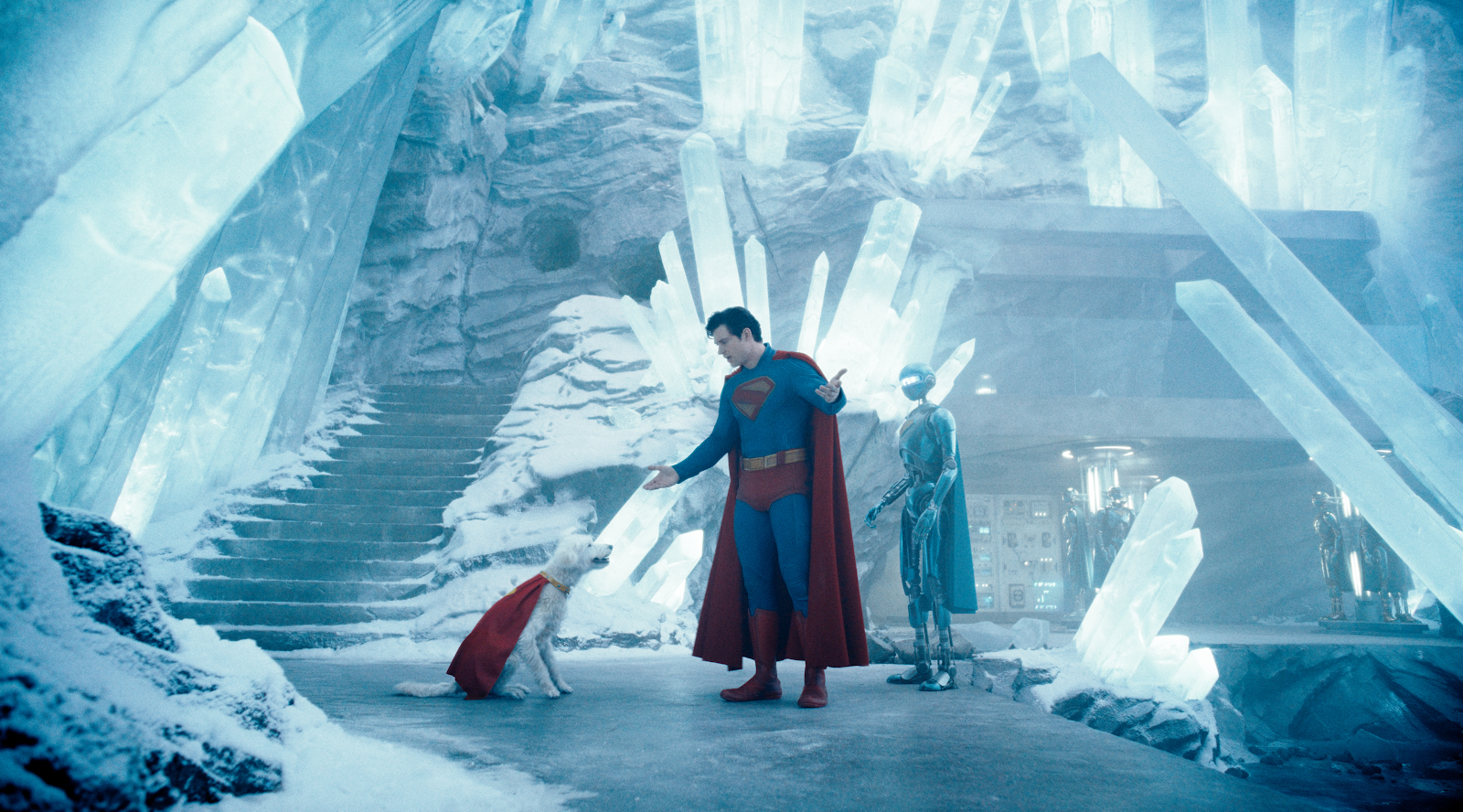This year's Summer Under the Stars has a couple of major surprises in its slate of stars. This is the second time in three years where we have no silent films or silent film stars. It also is the second time in three years where there are no purely non-English language performers. Last year, you had one silent film star (John Gilbert) and one foreign-language film star (Jean-Paul Belmondo). This year, there will be neither.
You do have two foreign stars, both making their debuts on SUTS: Pedro Armendariz and Gina Lollobrigida. In a surprise, both of them will have their foreign-language work features alongside their English-language films. This is, to my mind, the first time that TCM has featured a greater representation of a foreign star's body of work. When Dolores del Rio was a SUTS player, all her films were in English. This year, we will see a mix of Armendariz's Mexican and American work. Lollobrigida will have only one French film on her day. Hedy Lamarr and Joan Crawford have silent films in their filmography, but they will not be shown for their days.
One player also making his debut, Donald O'Connor, will have his salute coincide with the centennial of his birth. Another debut player, Tom Courtnay, is one of three living players to be featured this month. The other two living players at the time of this writing have been featured before. Curiously, both are Shirleys: Shirley MacLaine and Shirley Jones. Along with Armendariz, Lollobrigida, O'Connor, and Courtnay, the other debuts for this year are Christopher Plummer, Ruby Dee, Charles Bronson and James Gleason. This Class of 2025 has eight members, which is a far cry from last year's thirteen debuts.
It is also curious that Lollobrigida, Plummer and Dee could easily have been honored prior to their deaths in 2023, 2021 and 2014 respectively. Moreover, I am surprised that there are no memorial Summer Under the Stars days for people who died recently. No SUTS for Maggie Smith, Gene Hackman, Gena Rowlands or James Earl Jones. They could easily have received SUTS days while they were still alive (I believe Hackman and Smith were featured in previous Summer Under the Stars salutes).
They did feature George Segal in the 2021 Summer Under the Stars lineup to note his death that year. They did feature Stella Stevens in the 2023 Summer Under the Stars lineup to note her death that year. I do not understand why George Segal can receive a SUTS tribute day, but Janis Paige (1922-2024) cannot.
You also still have some stars who could see their films featured: Bruce Dern, Robert Duvall, Al Pacino, Diane Keaton, Joanne Woodward, Joan Collins, Diane Ladd, Ellen Burstyn. To my knowledge, none of them have been SUTS players. Perhaps we could have slipped in one of them in place of Audrey Hepburn, Elizabeth Taylor and/or Joan Crawford (who were all featured in 2022). Perhaps we could do with a kind of moratorium on certain SUTS players. Why could we not go three years without moving on to another actor?
Even if we needed to have Hepburn, Taylor or Crawford, why not be a little more adventurous with their selected films? A showing of 1989's Always, 1973's Night Watch and 1964's Strait-Jacket would have been interesting choices for Hepburn, Taylor and Crawford respectively. I would have found that better than yet another screening of The Comedians, which I reviewed for Taylor's SUTS day in 2022.
Again, I understand the issue about broadcast rights. That, I believe, was a major holdup for not having Meryl Streep showcased until last year. Still, it is disheartening to not see some players not be shown while being treated to many-seen films from many-seen stars. It kind of takes the anticipation out of things.
In a curious or perhaps intentional plan, we have Ruby Dee be 2025's black SUTS player. Last year, her husband, Ossie Davis, was the black featured performer. It is interesting that when Paul Newman was saluted in 2023, Turner Classic Movies did not opt to salute his wife, fellow Academy Award winner Joanne Woodward the following year. Most curious.
I cannot say that this year's slate is thrilling. Some of the omissions are strange.
You could have a bit of counterprogramming by showing 1953's House of Wax, where Charles Bronson (billed as Charles Buchinsky) played a mute. In an interesting twist, the original Mystery of the Wax Museum had in its cast Glenda Farrell, who is also a SUTS player. That film won't be shown for her day. It might have made for a nice compare/contrast.
I am also dubious that Turner Classic Movies could not get broadcast rights for either or both Mystery of the Wax Museum and/or House of Wax. To their credit, both the 1936 and 1951 versions of Show Boat will be shown for Irene Dunne and Howard Keel respectively.
This year's slate features twelve competitive Oscar winners (Judy Garland and Kirk Douglas being Honorary winners). Along with already named Plummer, Hepburn, Taylor, MacLaine, Jones, and Crawford, you have Clark Gable, Jennifer Jones, James Cagney, Patricia Neal, Frank Sinatra and Henry Fonda. Oddly, eight of those SUTS players will not have their Academy Award winning performances screened. Only Gable, MacLaine, Neal and Jones will have their Best Actor/Actress films shown. MacLaine's win for 1983's Terms of Endearment along with Courtnay's Oscar-nominated turn in The Dresser the same year will be some of the "newer" films shown for the still-living players.
Still, credit where credit is due. Turner Classic Movies has managed to bring two films made more recently: 1990's The Court-Martial of Jackie Robinson and the most recent film listed for screening, 2009's The Last Station for Ruby Dee and Christopher Plummer respectively. I might quibble that The Court-Martial of Jackie Robinson is a television movie. I also note that Turner Classic Movies' sister station Turner Network Television produced it. Still, it makes for nice symmetry for Dee, who played Jackie Robinson's wife in The Jackie Robinson Story and his mother in The Court-Martial of Jackie Robinson.
There is also the nice surprise that one of Plummer's best-known films, The Sound of Music, will be shown for his day. It is a bigger surprise that this will be The Sound of Music's premiere on TCM. Last year, TCM chose to show Around the World in 80 Days for Marlene Dietrich's day despite Dietrich merely making a cameo appearance. I'm surprised that they didn't do that for Christopher Plummer and shown Malcolm X.
My question is why could TCM not screen On Golden Pond for Henry Fonda? It is from 1981, so it cannot be the time frame. 1985's Murphy's Romance, which earned James Garner a Best Actor nomination, is a mere two years after the most recent films for the still-working MacLaine and Courtnay. The case to not screen 2010's Beginners, the film that won Christopher Plummer his Best Supporting Actor Oscar, is weakened by them showing The Last Station, made a year earlier. However, to not feature either of Elizabeth Taylor's wins for Butterfield 8 or Who's Afraid of Virginia Woolf? seems a curious choice.
As I look at both the features and stars for this year's Summer Under the Stars, I find a mix of good and bad. It is always nice to see some new faces pop up. It is a bit disappointing to see the same films shown for the same players. I am a bit of an addict in that I enjoy Summer Under the Stars.
I do see it more as an exercise rather than an experience.







.jpg)




_poster.png)

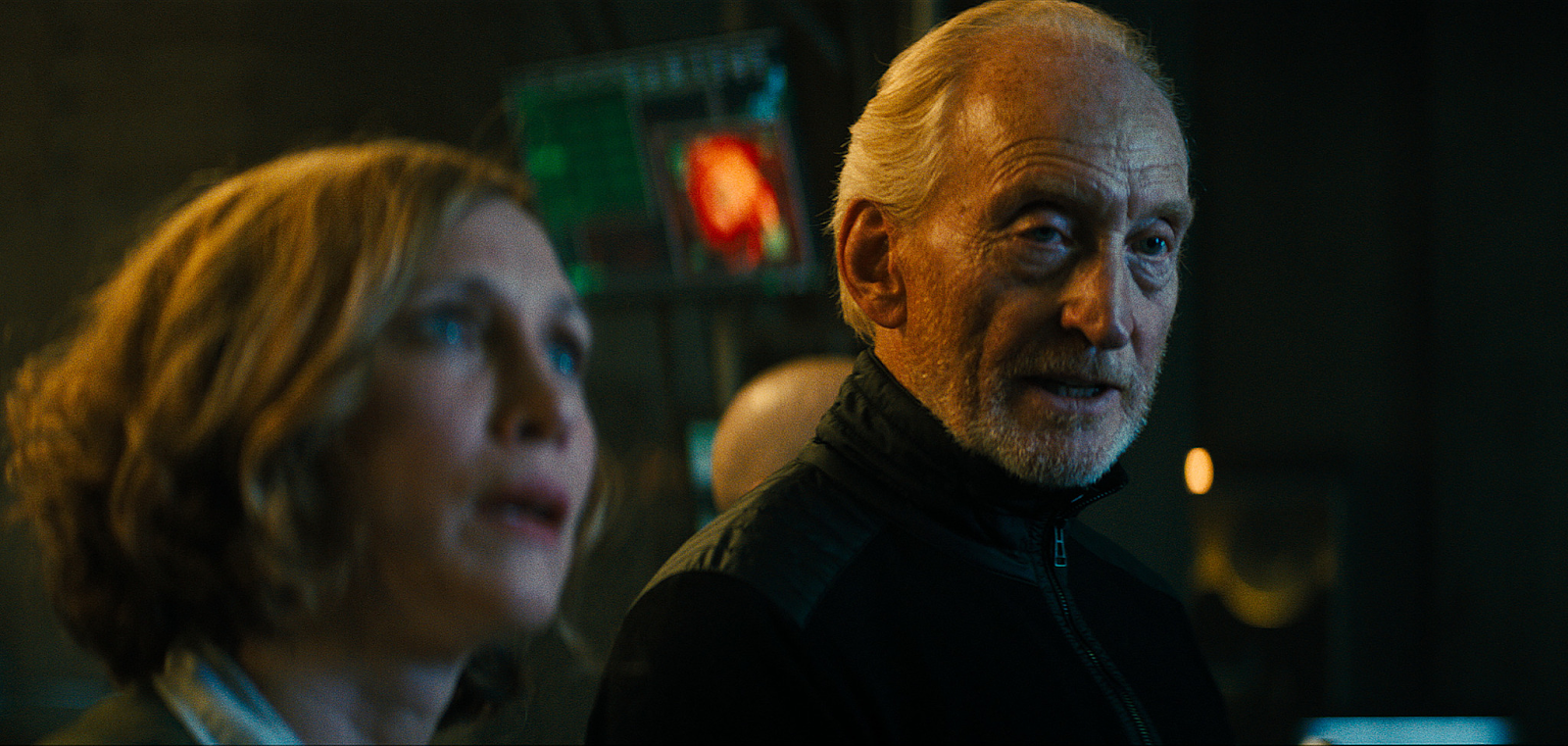




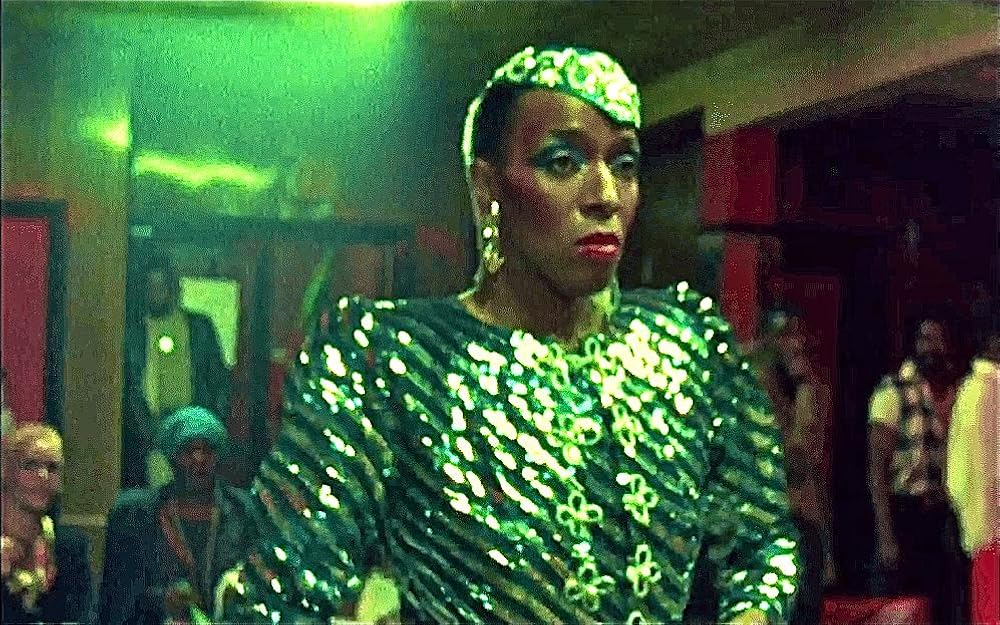
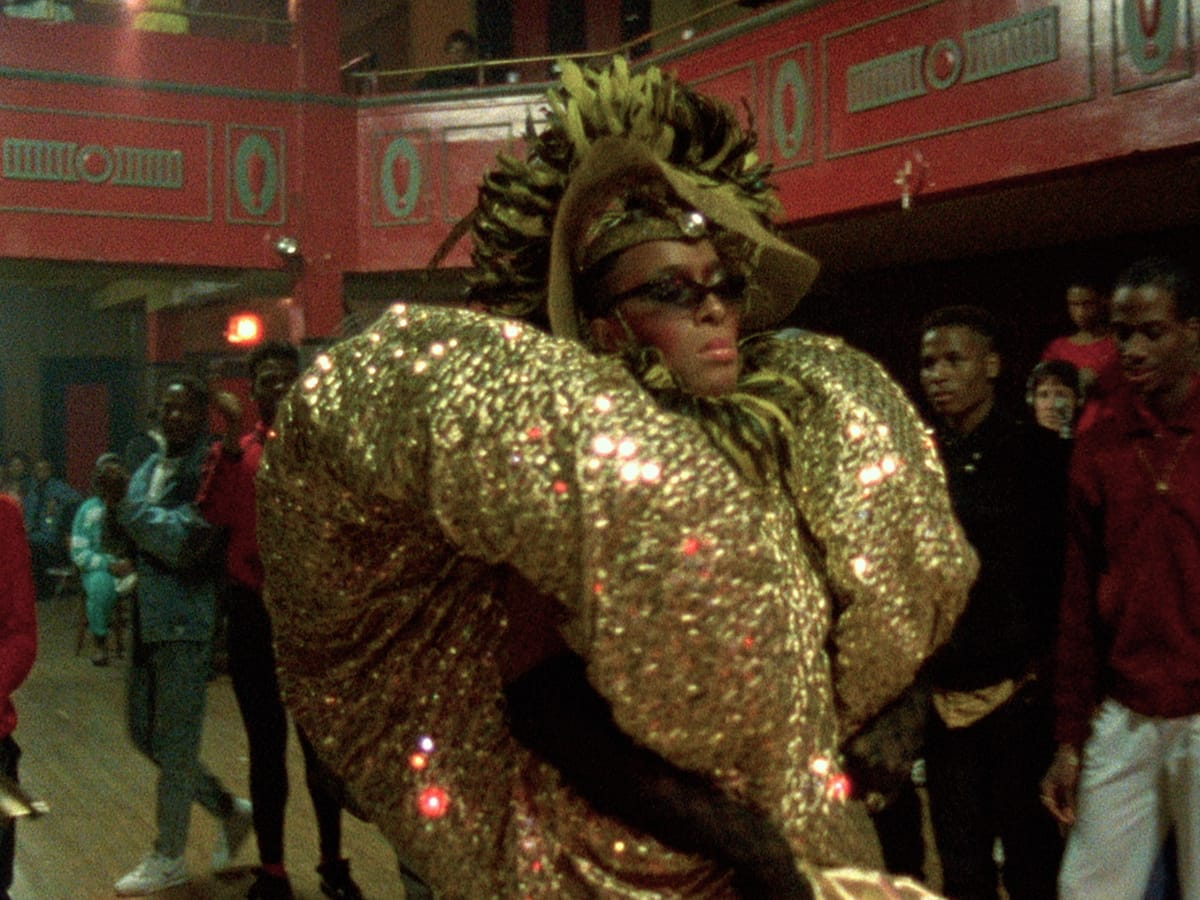



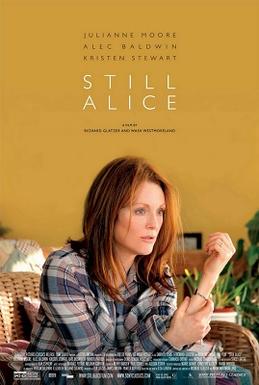


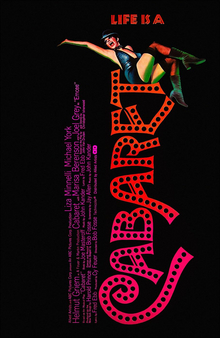



_poster.jpg)

